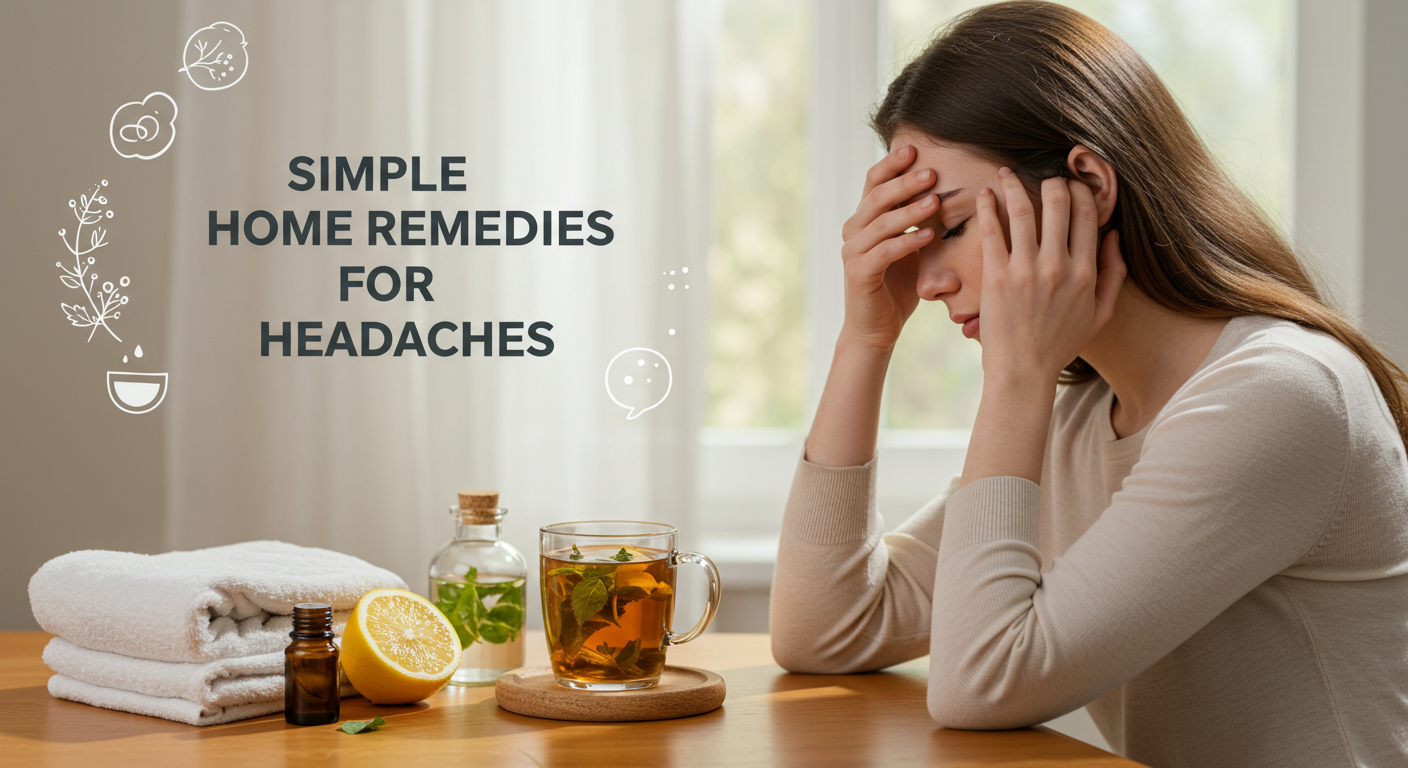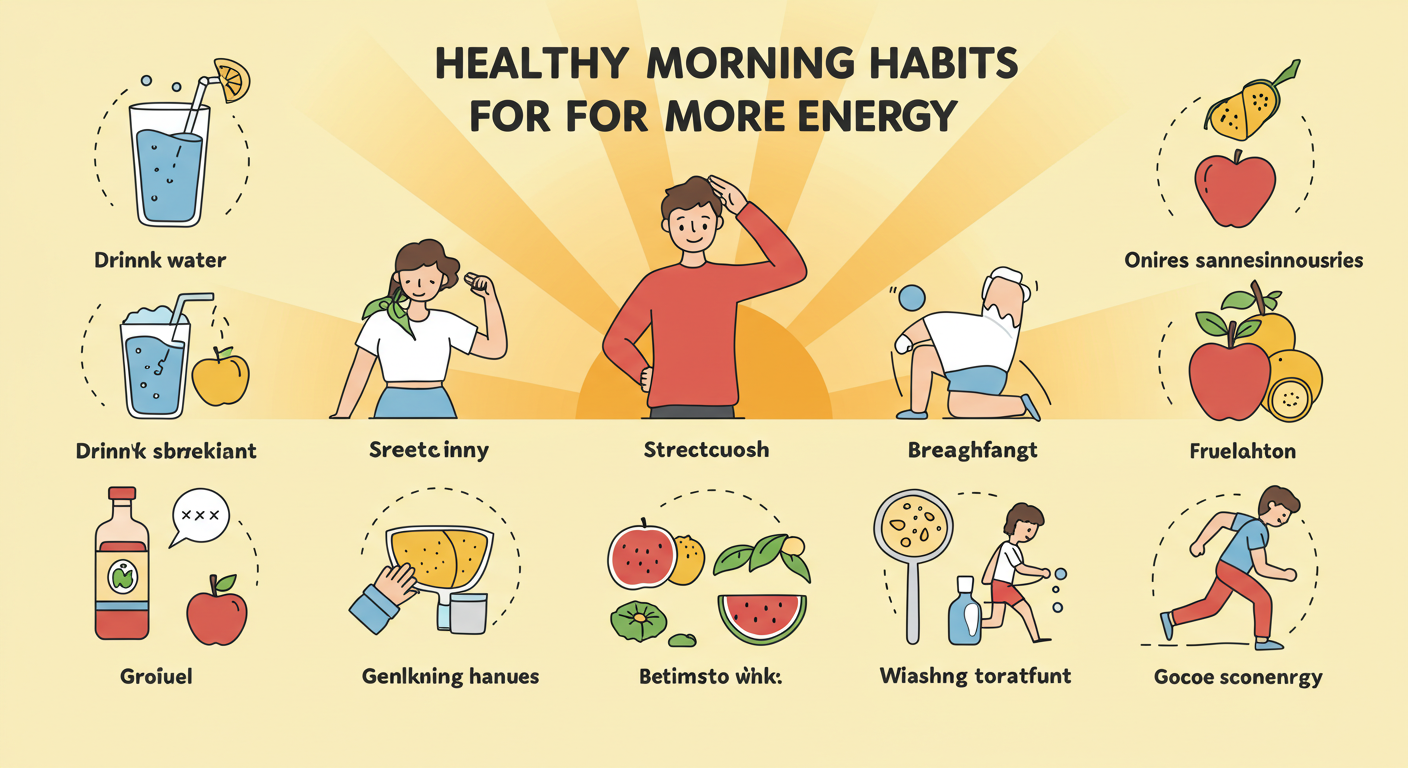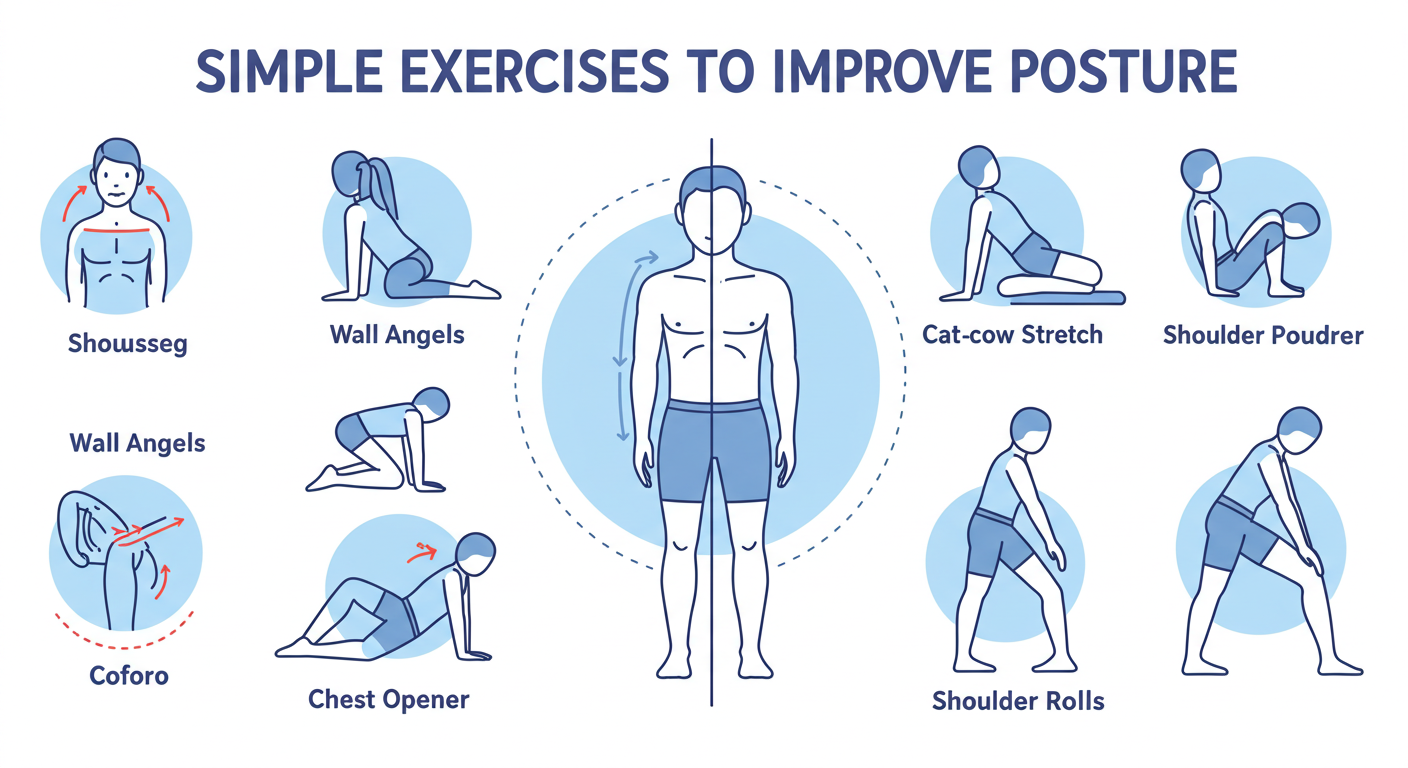Ease Pain Naturally with 18 Simple Fixes
I’ve always dealt with Headaches that range from a little uncomfortable to pretty unbearable, often disrupting my day-to-day life, and I’ve learned that Headache symptoms can be managed at home with a number of natural treatments. From tension headaches, the most common kind, to cluster headaches that come in painful groups or clusters, and even migraines, a moderate-to-severe type, I’ve found medications work but prefer effective remedies to naturally get rid of them. Growing up, I’d keep reading about these 18 home Remedies, and with a little help from antoniodiaz on Shutterstock, I’ve built a routine that works for me—let’s dive into how I do it.
I start by drinking water when I feel a Headache coming—inadequate hydration can lead me to develop one, and studies show dehydration is a common cause. I’ve noticed it can even impair my concentration and make me irritable, but research says drinking enough water throughout the day, plus eating water-rich fruits and vegetables, helps reduce the occurrence, duration, and severity of my Headaches. Next, I take magnesium, an important mineral that keeps my body’s functions like blood sugar regulation and nerve transmission on track—Evidence suggests a deficiency might trigger my frequent migraine headaches, so I supplement with 600 mg of magnesium citrate (starting with a smaller dose to avoid digestive side effects like diarrhea, and I ask a healthcare professional for dosing questions). I love Pure Encapsulations Magnesium Citrate with 150 mg per capsule, tested by third-party labs like Eurofins, Intertek, and Silliker—you can shop it online.
I limit alcohol since it can trigger migraines for me, especially as one-third of people with frequent Headaches feel this way—alcohol intake also risks tension and cluster headaches, the severe types, by provoking inflammation or contributing to dehydration. I try cutting back to see if it benefits my symptoms, and I get adequate sleep since sleep deprivation can be detrimental to my health and cause Headaches—poor sleep quality or insomnia boosts frequency and severity, while sleep apnea brings morning Headaches. I aim for the right amount of rest, that sweet spot of 7–9 hours of sleep per night, avoiding too much sleep that might trigger them, and I read about natural sleep aids when I have trouble sleeping.
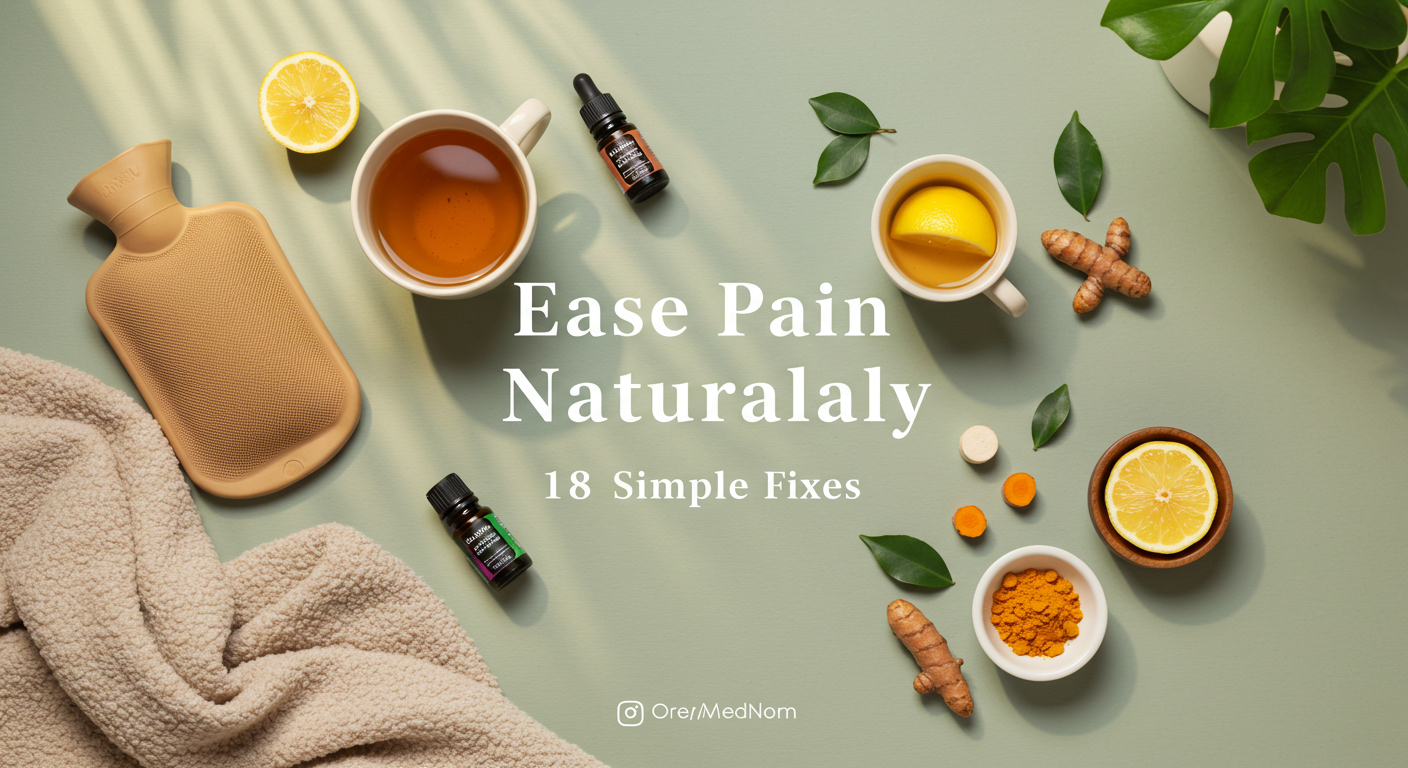
I avoid foods high in histamine like aged cheeses, fermented foods, beer, wine, smoked fish, and cured meats since consuming them can cause migraines if I’m sensitive—People with impaired function of enzymes that break it down can’t excrete it properly, so cutting these histamine-rich foods from my diet helps reduce my symptoms. I try essential oils like peppermint, lavender, and eucalyptus, highly concentrated liquids with aromatic compounds from plants, using them topically by diffusing or rubbing a small amount mixed with carrier oil like jojoba on my wrists or temples—Research backs their therapeutic benefits, and I shop Eden Botanicals essential oils online as a high quality brand. I also try a B-complex vitamin with water-soluble micronutrients that play important roles in my body, like neurotransmitter synthesis and turning food into energy—B vitamins like riboflavin (B2), folate, B12, and pyridoxine (B6) reduce my Headache symptoms, and B-complex supplements with eight B vitamins are safe and cost-effective since excess is flushed out in urine.
I soothe pain with a cold compress, applying frozen compresses to my neck, head, or temples to decrease inflammation, slows nerve conduction, and constricts blood vessels for relief—Studies show it helps with types of Headaches like those from nitrate medication for heart conditions like chest pain. I make one by filling a waterproof bag with ice, wrapping it in a soft towel, and applying it when needed. I consider taking coenzyme Q10 (CoQ10), a substance my body produces for energy production and as a powerful antioxidant—a study with 80 people showed 100 mg of CoQ10 per day reduced my migraine frequency, severity, and length, and a 2021 review with 6 studies found 30–800 mg per day works, so I use Thorne Research CoQ10 with 100 mg per 1-gelcap serving, certified by third-party groups like the Therapeutic Goods Association, and shop it online. I try an elimination diet to discover if certain food intolerances trigger my frequent Headaches, removing aged cheeses, alcohol, chocolate, citrus fruits, and coffee—a 2016 study with 50 people showed it significantly reduced migraine attack frequency, duration, and severity, and I read here to follow it properly.
Simple Home Remedies for Headaches
I drink caffeinated tea or coffee to provide relief, as caffeine improves my mood, increases alertness, and constricts blood vessels for a positive effect on my Headache symptoms—it even helps increase the effectiveness of medications like ibuprofen and acetaminophen, though caffeine withdrawal can cause Headaches if I regularly consumes large amounts and suddenly stops, so I stay mindful of my intake. I try acupuncture, a traditional Chinese medicine technique with thin needles inserting into specific points on my body—a 2020 overview of 15 systematic reviews and a 2022 study with 156 people found 5 and 10 sessions reduced my migraine attacks and severity, making it a worthwhile choice for chronic Headaches. I relax with yoga to relieve stress, increase flexibility, decrease pain, and improve my overall quality of life—a study with 60 people showed yoga therapy cut Headache frequency and intensity more than conventional care alone, and a 2020 review with 6 studies helped my tension-type Headaches.
I avoid strong smells like perfumes and cleaning products since they can cause me to develop Headaches—a study with 400 people found odors, especially perfumes, often triggered them, a hypersensitivity called osmophobia common in chronic migraines, so I steer clear of cigarette smoke and scented foods to decrease my chance of getting one. I try an herbal remedy with herbs like curcumin, chamomile, and butterbur to reduce my Headache symptoms—a 2020 review of 19 studies showed positive preliminary findings for curcumin as a preventive treatment and chamomile for acute treatment, with limited evidence for butterbur, a perennial shrub native to Germany with anti-inflammatory effects. I’m cautious since herbs can interact with prescribed medications or be unsafe if I’m pregnant or have certain health conditions, so I check with a healthcare professional—Thorne Meriva-SF for curcumin and Nature’s Way Chamomile are my go-tos, and I shop them online. I avoid nitrates and nitrites, food preservatives in hot dogs, sausages, and bacon that keep them fresh by preventing bacterial growth—they trigger Headaches by causing expansion of blood vessels, so I limit processed meats and choose nitrate-free products to minimize exposure.
I take ginger, using ginger root with beneficial compounds like antioxidants and anti-inflammatory substances—a 2021 review with 3 randomized control trials showed ginger supplements helped reduce my pain and nausea from severe Headaches, and vomiting too, so I use Pure Encapsulations Ginger Extract with 500 mg per capsule or make a powerful tea with fresh ginger root, which is cost-effective and keeps me hydrated—shop it online. Finally, I move more to engage in physical activity, the simplest way to reduce my Headache frequency and severity—number of studies show exercise cuts migraine intensity, frequency, and duration, and I increase my steps throughout the day, learning 10 ways to move each day.
Calm Headaches with Easy Natural Tricks
I’ve always been tired of relying on over-the-counter painkillers every time I’m sidelined with a headache, so I’ve learned that a natural remedy can soothe my discomfort and finding relief is simple by tweaking my daily habits. As a kid, I heard Nolan Pearson, an MD at Cedars-Sinai who’s a neurologist specializing in headache medicine, say that poor sleep, lack of exercise, unhealthy eating habits, dehydration, and stress can trigger or worsen my headaches and even cause them to progress over time—but when these issues are addressed, people like me can benefit. I’ve explored natural treatments for migraine and tension headaches, the two most common types, and Pearson recommends ways to ease my headache discomfort that I’ve made my own.
I practice good sleep hygiene by aiming for seven to eight hours of sleep each night, keeping the same bedtime and wake-up time daily, and I stop eating three hours before bed, drinking liquids two hours before bed, and avoid screens for an hour before bed—studies show this can help me revert from chronic migraines to episodic ones if my poor sleep is addressed. I move more with aerobic exercise like walking, biking, or swimming that increases my heart rate, which has shown to decrease the number of days I experience migraines each month—I aim for 150 minutes of this weekly, about 30 minutes daily. I don’t skip meals because changes to my routine can trigger a migraine, so I eat on a regular schedule to keep things steady.
I adopt a low-inflammation diet since studies showed that frequent headaches come with diets high in foods that cause inflammation—I avoid inflammatory choices like processed foods, white flour (often in bread or pasta), fried foods, red meat, and foods with added sugars, and instead pick foods that help reduce inflammation like leafy green vegetables, fruits, fatty fish, nuts, extra-virgin olive oil, ginger, and turmeric. I stay hydrated because dehydration can cause headache symptoms, so I drink six to eight 8-ounce glasses of water daily. I keep a headache diary using a calendar or app to track when I get headaches, how long they last, possible triggers like traveling or being stressed, the medications I take for headache pain, and how quickly they work (if at all)—Pearson says this helps me identify and manage my triggers.
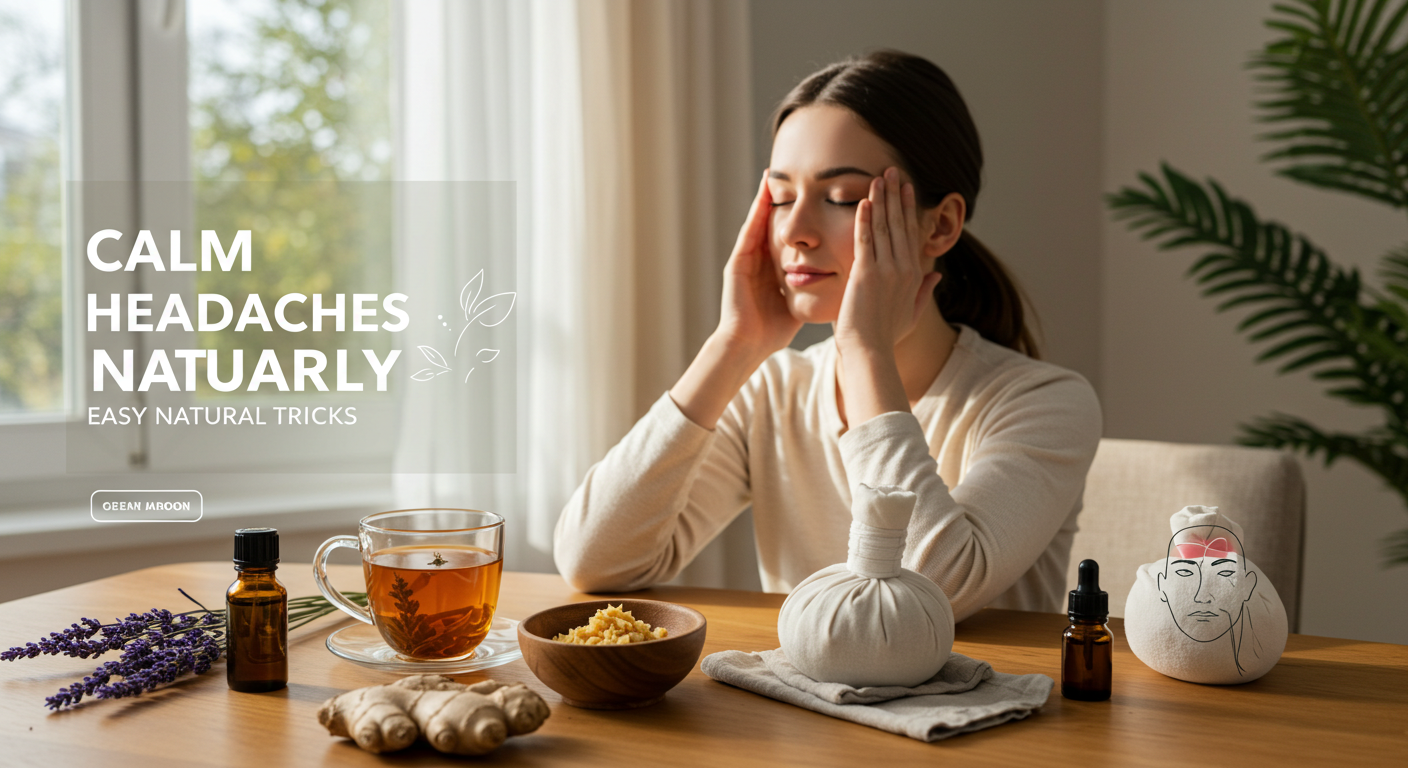
I use cold compresses because, though it hasn’t been studied much, a lot of patients like me recommend it and it makes sense—the cool temperature can slow the rate of nerve transmission and constrict dilated blood vessels to reduce pain. I practice stress-reducing techniques by exploring calming activities like yoga, mindfulness meditation, and progressive muscle-relaxation techniques, and seeing a psychologist for cognitive behavioral therapy or biofeedback has helped me too—I even read about should I take a magnesium supplement. If I experience a sudden, drastically different headache—a 10 out of 10, severe, unrelenting, thunderclap one—I go to the emergency department, and for new headaches or if my usual self-treated ones have worsened or stopped responding to over-the-counter painkillers, I see a doctor—primary care doctors are well trained to address simple headaches, with lots of new headache-specific medications in the past five to 10 years that have revolutionized the field, and for complex ones, my doctor might refer me to a headache clinic where neurologists identify and treat difficult-to-diagnose headaches, reviewing my medical records and history, asking about my headache history and possible risk factors, performing a neurologic exam, and sometimes requesting blood work or imaging tests, spending an hour with every patient to give a clear diagnosis since many have seen doctors and been dismissed, talking about medications, injections, procedures, lifestyle approaches that align with my treatment goals, and monitoring my progress.






